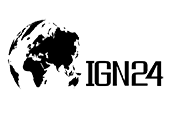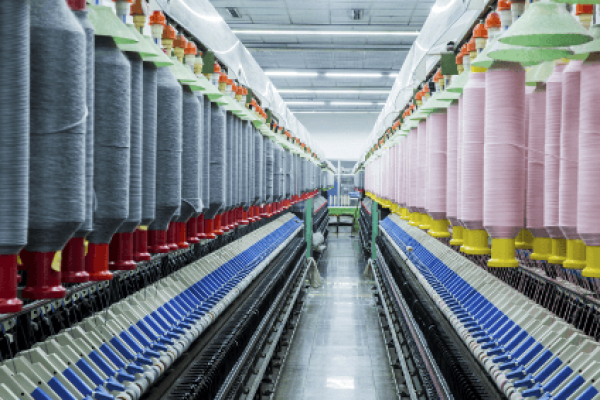Xinjiang region is responsible for producing around 84% of China’s total cotton production. The UN and Human Rights experts say that Uighur and many ethnic minority groups are held forcefully in Chinese detention camps and recruited for forced labor in these cotton mills. China denies these allegations stating that the people are trained and given a job instead to help them blend into the society.
According to a report by the W....
Tags : Cotton , Mills ,


comments (0)